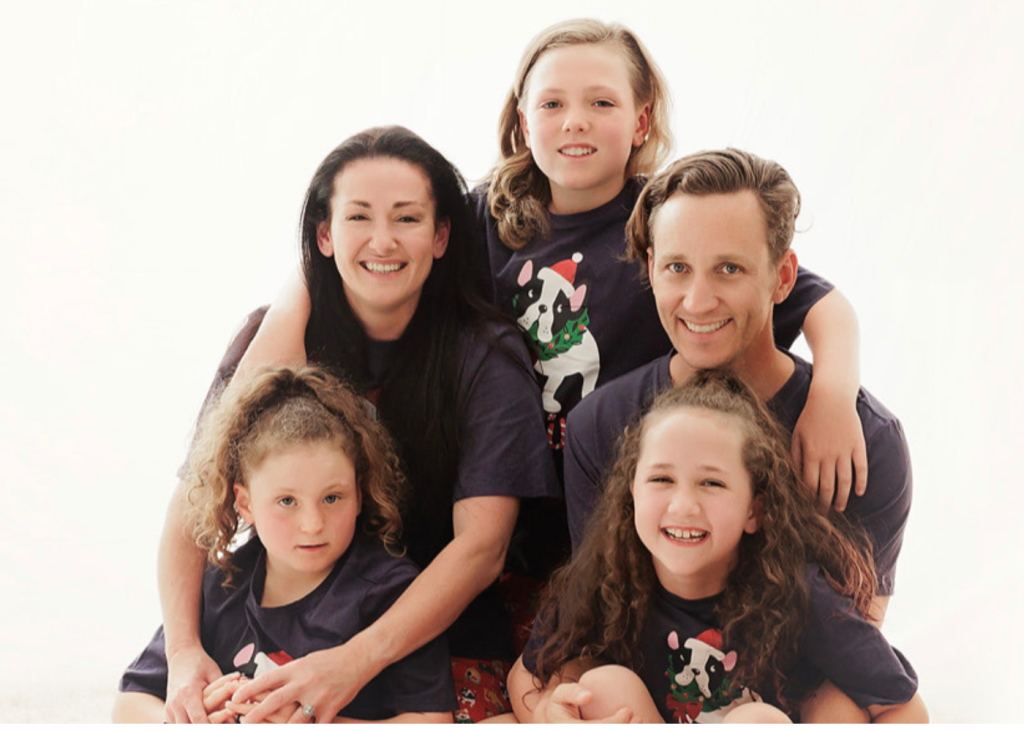We bring you a series of short reads from women just like you.
Source Mamas raising their kids with disabilities. The tears, the triumphs, the raw and the real.
How did you first become aware that there might be a concern about your child’s health or development? What were the early signs that led you to seek a diagnosis?
Our daughter, Marley, was diagnosed at only a week old. After birth, Marley had quite a few “small” issues whilst in special care such as she couldn’t feed, she had trouble breathing at birth, jaundice, a stridor which turned out to be tracheomalacia. We would tackle one issue and something else would pop up. We were assigned an amazing paediatrician (who we still see today) who suggested we start some genetic testing just to rule out a few conditions.
Can you tell us a bit about the diagnosis your child received? What does it mean, and how does it affect your child’s life?
Marley was diagnosed with an unbalanced translocation of chromosomes 11 and 4, more technically known as Trisomy 5, Monosomy 11. We were told that she would probably walk, probably talk but that she would have severe global developmental delay and would always need full time care even into adulthood.
We were sent for testing of every one of her major organs and found she had an ASD in her heart that needed surgical repair. Marley also has a mild astigmatism with her sight, mild hearing loss and very slow growth over her lifetime.
Now, she is a funny, stubborn, cheeky teenager who can walk independently (but she didn’t start until she was 6), she is non- verbal but communicates very well using
a combination of sign language and a device. She has had trouble sleeping in the past, but we’ve now found solutions to that. She loves people and life in general, and is a happy little girl.
How has the diagnosis impacted your family dynamics and daily routines? Have there been any specific challenges or adjustments you’ve had to make to support your child?
Our life has taken a very different path to what we expected. Since we found out I was a carrier of Marley’s condition we had to do IVF to conceive our to two other amazing children, Kai and Clio.
As Marley is very set in her routine we live a very structured family life; we don’t take many trips and holidays, and we have modified our home to accommodate
her needs.
My husband and I have had to learn to rely on each other and support each other when one of us isn’t having the best day. We have learnt to really focus on the simple pleasures of life, and we have two of the most caring, kind and empathetic children you will ever meet. I have also built my business around my knowledge of disability which is a direct result of all the years of therapies we’ve done with Marley.
What kinds of treatments, therapies, or interventions has your child been receiving? How have these approaches helped your child’s development and well-being?
We have done so many different therapies: physio, OT, speech, equine… with each of them having different benefits. The most impactful therapy we’ve done has been communication, and I use this instead of the term speech therapy. Once a child can communicate effectively, they are so much happier.
We went from sign language to PECS and now LAMP. No one form of assistive tech is right for everyone. We found that by listening to Marley and really tapping into her strengths we’ve found the right combination for her to be happy and communicate effectively.
We also found that weekly therapy sessions didn’t work well for Marley. We had far more success by spreading out the sessions and getting activities/exercises to add to her daily life.
As a parent, what are your primary concerns and hopes for your child’s future in light of their diagnosis? How can those around you offer support during this time?
My biggest long-term concern is who will care for Marley when we can no longer do so, so making plans for the future is always at the back of my mind. But ultimately we just want her to be happy and be loved and be supported by people who genuinely love her and want to be around her. She will thrive being in this environment.
Lastly, I think that parental training is highly beneficial. I did professional training for both PECS and LAMP and have found that a wonderful benefit in helping Marley to progress and develop.
Our circle of friends has definitely decreased in size since having Marley as we are restricted with things we can participate in. A lot of people say they just don’t know what to do, so they do nothing. I feel people around us can support us by being there, staying in touch even when we have to say no to lots of things, spend time with us and Marley so she is comfortable with them and not anxious. Often just having someone who is comfortable with our child makes life easier for us. Ask us what is convenient for Marley and our family rather than making plans we cannot make work. And make us feel comfortable by listening when we need to vent or cry, don’t try and solve things – just allow us to be in our feelings when we need to let go. This is a tough road and even the strongest have their down days.




